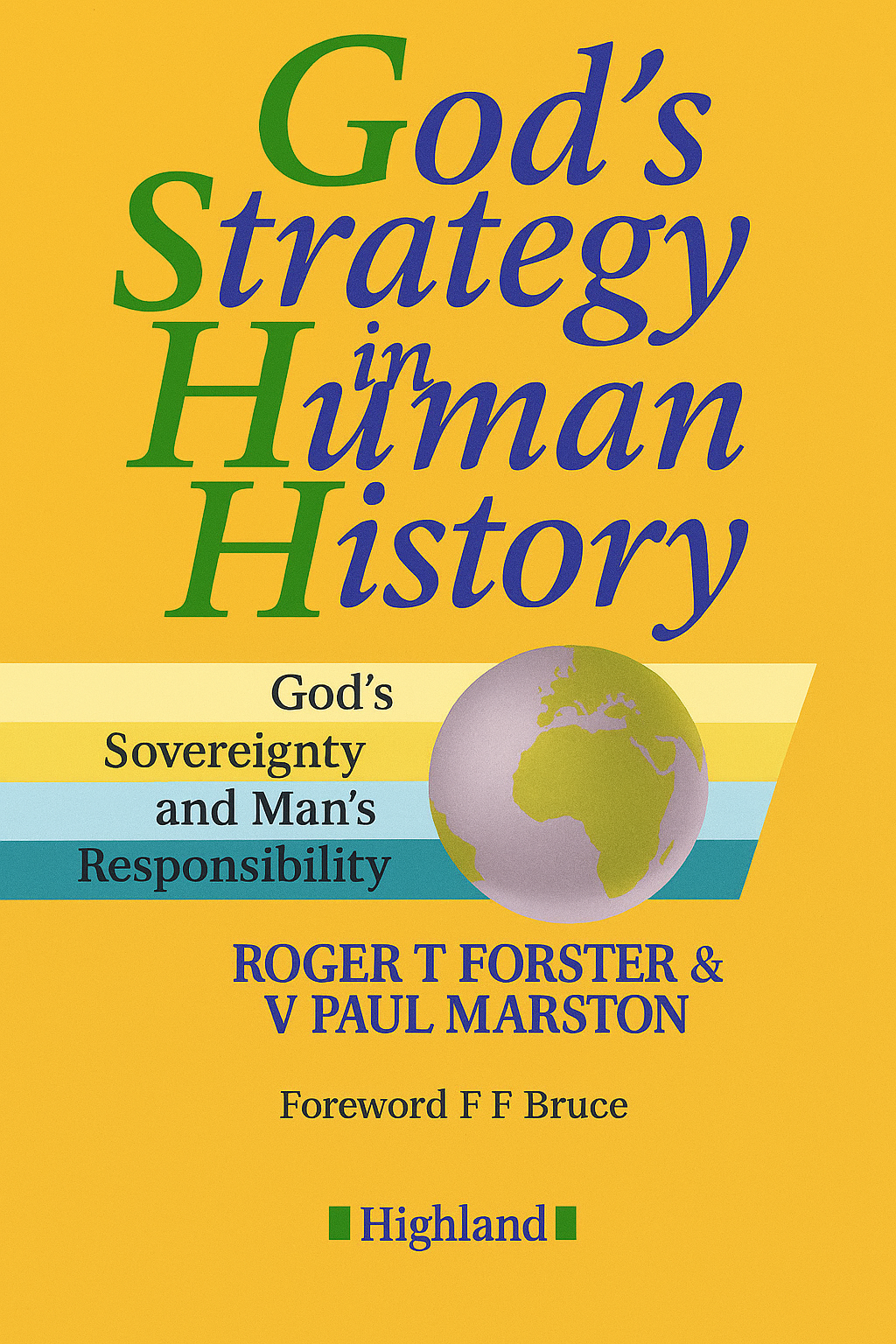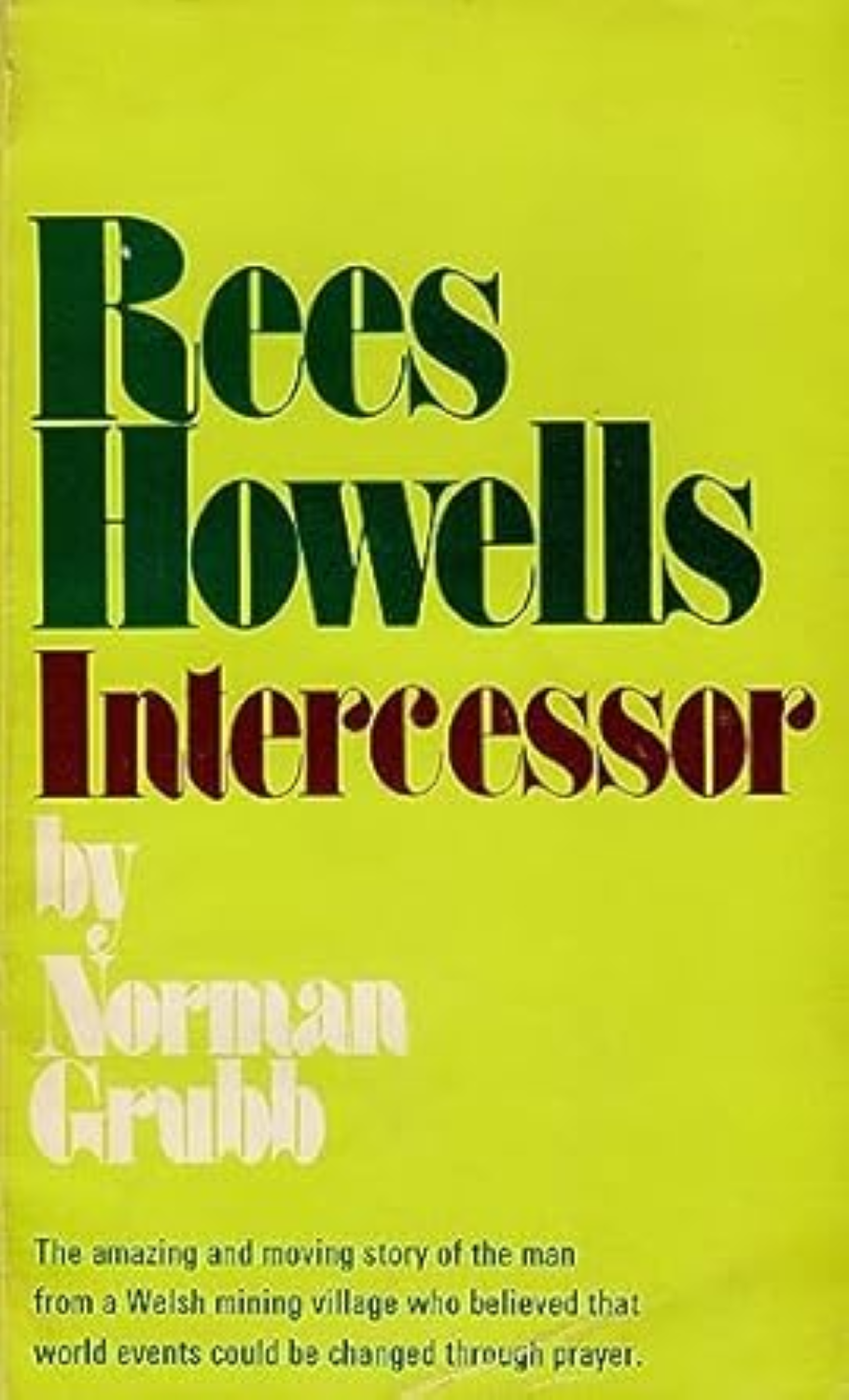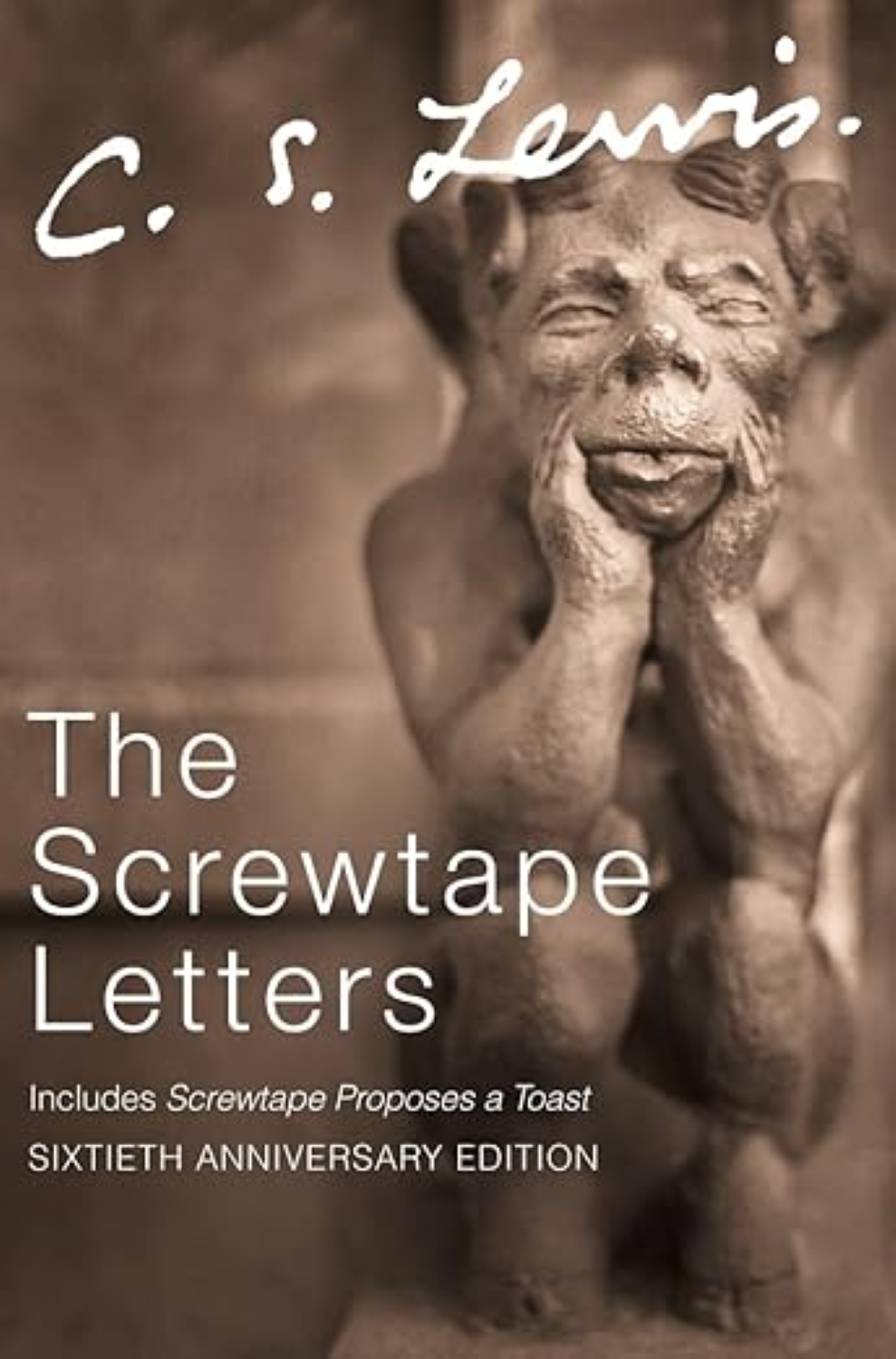
Have you ever wrestled with a question that just will not let go? I have. And sometimes, the clarity we seek arrives not in a flash of insight, but in the quiet turning of a page.
Here are four formative books in my life that helped me see some significant issues more clearly.
Before I present these titles to you, please permit me to repeat four caveats.
Four caveats
- To call a book formative is to recognize its role in the slow work of my transformation into the likeness of Jesus Christ. These books challenged assumptions, clarified convictions, and opened new vistas of understanding. By God’s grace, they continue to be instrumental in shaping me intellectually and spiritually.
- Although these books are transformative for me, the same may not be true for you for several reasons. Among those reasons are personal makeup, life circumstances, and willingness and desire to grow in Christ. We are all different, and the Lord deals with us according to our uniqueness and individual needs.
- My list of formative books continues to grow. I hope the same is true for you.
- Let me also say, the Bible is the all-time most formative library of books for me. Reading, meditating, and obeying its message each day aligns our hearts, minds, and lives with God’s ‘Story.’
Now, let’s look at those titles.

God’s Strategy in Human History by Roger T. Forster and V. Paul Marston
As a young Christian, my early education included an informal presentation of Calvinism—that some humans are chosen or elected by God for salvation, and others are not. I asked a lot of questions about this position, which provided no intellectual or spiritual satisfaction.
At one point, an older woman gave me a copy of this book and encouraged me to read it. I noticed that the foreword in the 1973 edition was written by F. F. Bruce (1910-1990) and in the 2013 edition by I. Howard Marshall, two well-qualified Bible scholars.
The authors challenge the deterministic framework often associated with Augustinian-Calvinist theology. The book is thoroughly grounded in Scripture, covering the breadth of biblical history and God’s interaction with humanity, as it examines divine love and sovereignty, as well as human freedom and relational responsibility. The authors explore key theological questions—such as the nature of God’s foreknowledge, the problem of evil, the role of Israel, and the purpose of the Church—through a lens that affirms God’s dynamic engagement with his creation.
In short, God’s election is ‘in Christ’ (Ephesians 1:4; etc.). When a person receives Jesus Christ, that person partakes of Christ’s election. I have written on this more fully in “What Does Chosen ‘in Christ’ Mean?”
For me, the authors’ careful biblical exegesis and logical explanation are spiritually illuminating, intellectually satisfying, and missionally stimulating. The result is a greater appreciation of God’s sovereignty, human responsibility, and what I am called to be and do.

Rees Howells: Intercessor by Norman Grubb
Prayer was another issue I needed to resolve.
Questions arose, such as: What is prayer for? Does it work? If God knows everything and determines everything, then whatever happens, he must have intended it; therefore, what is the purpose of praying?
I modeled my attempts at prayer after others. I also read several classics on prayer by writers such as Andrew Murray, James McConkey, and R. A. Torrey. These were somewhat helpful. However, like learning to ride a bicycle, praying is more than just reading about it; it is something we need to do.
Then a copy of Rees Howells: Intercessor found its way into my hands.
This book is not an instruction manual; it is an inspiring biography tracing the spiritual journey of Rees Howells, a Welsh coal miner turned missionary and prayer warrior. The book highlights Howells’ deepening relationship with God, marked by radical obedience, sacrificial living, and a profound calling to intercession.
One of the most uplifting aspects of this book is its portrayal of faith in action. Howells’ intercessory prayers are shown to have tangible impact, including during critical moments of World War II. His story encourages readers to believe that prayer can shape history and that a life fully yielded to God can be a powerful instrument of divine purpose.
In more recent years, praying has become more honest, relational, and transformative for me. I have shared some of my thoughts on this wonderful subject in “An Understanding of Prayer That Makes a Difference.”

The Screwtape Letters by C. S. Lewis
Another issue I encountered was spiritual warfare. What is it? How does it manifest itself? Am I supposed to engage in it, and if so, how? There was a range of opinions, from obsession to denial.
This book is a collection of 31 fictional letters from Screwtape (a “senior demon”) to Wormwood (his “junior demon”). It is full of advice on how to keep a human from the God who is revealed as Jesus Christ—referred to as the “Enemy”—and if that fails, how to keep a Christian from living for God.
As you read, through this inverted moral lens, Lewis explores themes of temptation, spiritual warfare, human nature, and divine grace. Screwtape’s cynical insights reveal how pride, distraction, self-centeredness, subtle manipulation, and other all-too-common influences can erode love for God and his ways.
Here is a sample of Screwtape’s advice:
“Indeed the safest road to Hell is the gradual one—the gentle slope, soft underfoot, without sudden turnings, without milestones, without signposts.”[1]
For me, it confirmed the reality of spiritual warfare and our call to engage in it with the wisdom, dependence, and power of the Holy Spirit.

Eternity in Their Hearts by Don Richardson
Another significant issue I faced was my constricted understanding of God’s active love and the reach of the good news of Jesus Christ to all of humanity.
There is no doubt that salvation is through the Lord Jesus Christ (John 14:6; Acts 4:12; etc.):
Jesus answered, “I am the way and the truth and the life. No one comes to the Father except through me.”
Salvation is found in no one else, for there is no other name under heaven given to [humanity] by which we must be saved.
But what about those who never hear of Jesus Christ? What about those who lived and died before Jesus Christ dwelt among us?
The thesis of Richardson’s book is that hundreds of cultures throughout the world and history have some knowledge and belief about the One True God. The title draws from Ecclesiastes 3:11 (NKJ):
He has made everything beautiful in its time. Also He has put eternity in their hearts, except that no one can find out the work that God does from beginning to end.
Other biblical texts also allude to this reality, such as Romans 2:14-15 and Acts 17:22-31.
Through compelling stories from cultures around the world, such as the Santal people of India and the ancient Greeks, Richardson illustrates how these spiritual echoes serve as “redemptive analogies,” preparing hearts to receive the Gospel.
He proposes that Melchizedek represents a response to God’s general revelation to humankind, and that Abraham correspondingly represents a response to God’s covenant-based, canon-recorded special revelation to humanity.[2] As a result, missionaries can build upon common denominators between cultures and the Gospel to communicate the message of Jesus Christ effectively. His book, Peace Child,[3] confirms and illustrates this point.
For me, this book, together with Peace Child, opened my eyes to the greatness of God who loves all humanity, is at work in every culture, and desires that none should perish, but everyone should come to repentance (John 3:16; 1 Timothy 2:3-4; 2 Peter 3:9; etc.).
I have written more about this in “Who is the God of All Cultures?”
Summing up
As I reflect on these four books and recall what I gained from them, I am grateful for the influence they have had in clarifying key issues for my Christian faith.
I would like to hear from you about the books that have been formative in your life and why they have had such an impact. I look forward to hearing from you. You can write to me using this link.
FORWARD TO the next post in this series
BACK TO 4 Formative Books in My Life
Notes:
[1] C. S. Lewis, The Screwtape Letters (New York, NY: HarperCollins, 2000), 61.
[2] Don Richardson, Eternity in Their Hearts, revised (Ventura, CA: Regal, 1981, 1984), 31.
[3] Don Richardson, Peace Child (Bloomington, MN: Bethany House, 2005).
Photo credit: depositphotos.com
Click "yes" to receive resource-rich newsletters.
Helpful resources provided to 'living theology' subscribers.
YES!